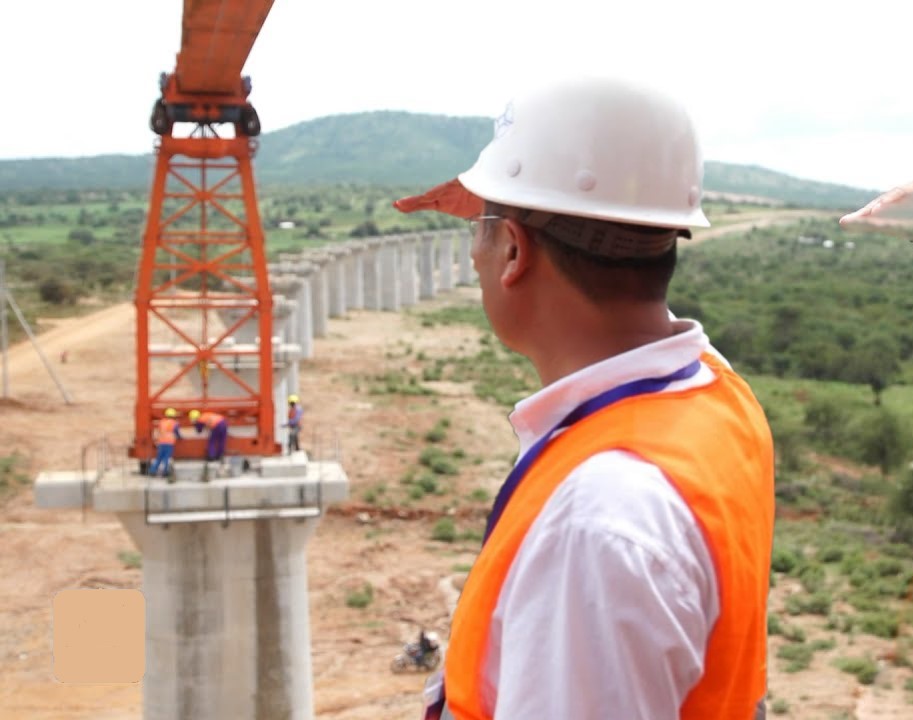
The Apocalypse
One day you wake up to find that Facebook has closed shop, and so did Twitter, YouTube, Instagram, Linkedin, Snapchat, TikTok, Spotify, and all of their kind. Suddenly, the online community you built is no more. Your careers as an influencer is gone. Your years of work on YouTube is no more. The photos you meticulously preserved on Instagram are gone. The companies attribute their collapse to a Cyber-Physical attack that destroyed all their data, fried all their servers and decimated all their possible backups.
While the United nations Security Council will be having an emergency meeting to discuss this possible trigger of the third World War, billions of people will be mourning the desolation of the planet. We have people who have lived all their lives with internet, and those who have gotten used to social media so much that they forgot that photos could actually be printed. Content creators will have lost years of work. It will be the beginning of the end.
Dependence
Today, our lives have become so much dependent on the Cloud to the extent that we are not conscious of it. We have gotten used to using systems and platforms that we do not care about because they always work, and are always available. Our emails simply work. We upload music and videos somewhere and they can be accessed anytime and from anywhere. We create websites on the Cloud and make our content available to everyone, without caring where that content is served from. We have redefined technology to mean something that simply works!
But how comes we have become so dependent on free platforms? Why are we so dependent on these platforms yet if you summarize their terms and conditions, it comes down to ‘we are not responsible for anything.’
Free Platforms
You know well that there is no free lunch, yet, Gmail, Facebook, YouTube, Twitter, Google search, WhatsApp and many other platforms are offered for free. Who then pays the bill?
The answer is that the content that we feed into these platforms is the actual products that the creators of the platform are looking for. While we share cute cat videos, the platforms are learning more about our habits, likes, dislikes and interests, then using that information to make money. Their biggest product is the content that we provide.
Which brings us to the question, is this the best way to keep our valuable content? We used to have great family albums that were religiously preserved for future reference. Today we just post photos on social media and that is enough. What assurance do we have that the social media platforms we use will exist in the next 10-20 years? Where will our content go?
New Normal
There is no easy answer to this. Maybe this is the new normal, and any attempt to imagine they can fail sounds like a doomsday prophecy. Maybe we just have to live with the risks just as like we faced a Chicken Pox Armageddon a few years ago. However, having a way to store and archive your content can give you some little peace of mind.


